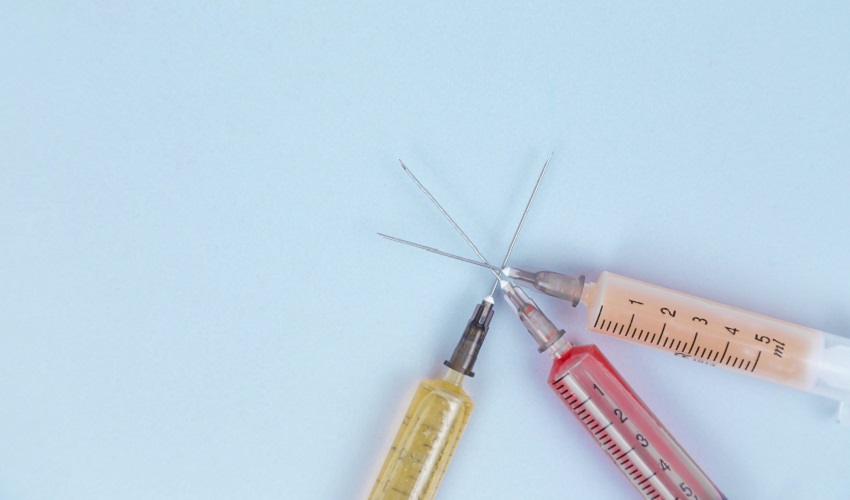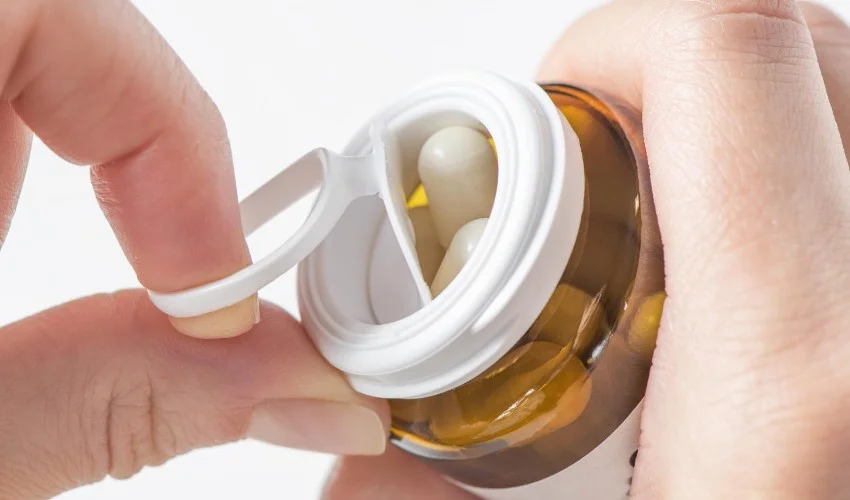Diabetes is a prevalent chronic health condition that affects the body’s ability to use sugar (glucose) for energy. Glucose is a primary source of energy for our body’s cells, and it comes from the foods we consume. Insulin, a hormone produced by the pancreas, helps cells absorb this glucose. When the body doesn’t produce enough insulin or becomes resistant to its effects, diabetes ensues.
Different Types of Diabetes
Before diving into insulin treatments, it’s essential to understand the types of diabetes:
1. Type 1 Diabetes
This is an autoimmune condition where the body mistakenly attacks insulin-producing beta cells in the pancreas. As a result, individuals with Type 1 Diabetes produce little to no insulin.
2. Type 2 Diabetes
In this version, the body doesn’t use insulin efficiently. Although the pancreas initially produces extra insulin to compensate, it can’t keep up over time, leading to reduced insulin production.
3. Gestational Diabetes
This form occurs during pregnancy and involves elevated blood sugar levels in women who have never had diabetes before.
The Role of Insulin in Diabetes Management
Insulin is pivotal for managing diabetes, especially Type 1, and sometimes Type 2 when other treatments don’t suffice. Since Type 1 diabetics don’t produce their own insulin, external insulin becomes a lifeline. Even in Type 2 diabetes, where insulin production isn’t entirely halted, there might be a requirement for supplemental insulin to achieve optimal blood glucose levels.
Reasons for Insulin Injections in Diabetic Patients
1. Natural Insulin Production Decline
For Type 1 diabetics, insulin injections are non-negotiable due to the autoimmune destruction of insulin-producing cells. In Type 2 diabetes, as the disease progresses, the pancreas’ ability to produce insulin wanes. In such cases, oral medications might not be enough to maintain balanced blood glucose levels.
2. Overcoming Insulin Resistance
In Type 2 diabetes, insulin resistance is a significant hurdle. Here, although the body might produce insulin, the cells resist its effects, leading to elevated blood sugar levels. Insulin injections can provide higher levels of insulin to overcome this resistance.
3. Flexibility in Management
Insulin injections offer a flexible approach to diabetes management. With different types of insulin available (rapid-acting, long-acting, etc.), individuals can tailor their treatment to fit their lifestyles, eating habits, and glucose level fluctuations.
4. Bypassing Digestive Breakdown
Oral medications have to navigate the digestive system, potentially losing some of their efficacy in the process. Direct insulin injections bypass this issue, ensuring that a more predictable amount of insulin reaches the bloodstream.
Types of Insulin and Their Usage
There are various insulin types, classified by how fast they work and how long their effects last:
1. Rapid-Acting Insulin
Begins working within 15 minutes and peaks around 1 hour post-injection, lasting for 2 to 4 hours.
2. Short-Acting Insulin
Starts working within 30 minutes, peaks between 2 to 3 hours, and lasts 3 to 6 hours.
3. Intermediate-Acting Insulin
Begins to act about 2 to 4 hours post-injection, peaking around 4 to 12 hours and can be effective for 12 to 18 hours.
4. Long-Acting Insulin
Takes effect several hours post-injection and can last nearly 24 hours.
A doctor can prescribe a combination of these, depending on the patient’s specific needs.
Understanding the Insulin Injection Process
Administering insulin requires precision. Injections are usually given into the fatty tissue just below the skin. Common injection sites include the abdomen, thighs, buttocks, and arms. Rotating these sites is crucial to prevent the skin and fatty tissue from thickening or pitting, which could affect insulin absorption.
Potential Risks and Considerations
While insulin injections play a vital role in diabetes management, they come with potential risks:
- Hypoglycemia (Low Blood Sugar): If one administers too much insulin, blood sugar levels might drop too low.
- Weight Gain: Some individuals might experience weight gain when starting insulin treatment.
- Injection Site Reactions: There could be redness, swelling, or itching at the injection site.
Insulin injections are a cornerstone of diabetes management for many patients, especially those with Type 1 diabetes or advanced Type 2 diabetes. The treatment, while life-saving, requires careful management and patient education to be effective and safe. It is a testament to how far medical science has come in offering solutions to manage chronic illnesses.




